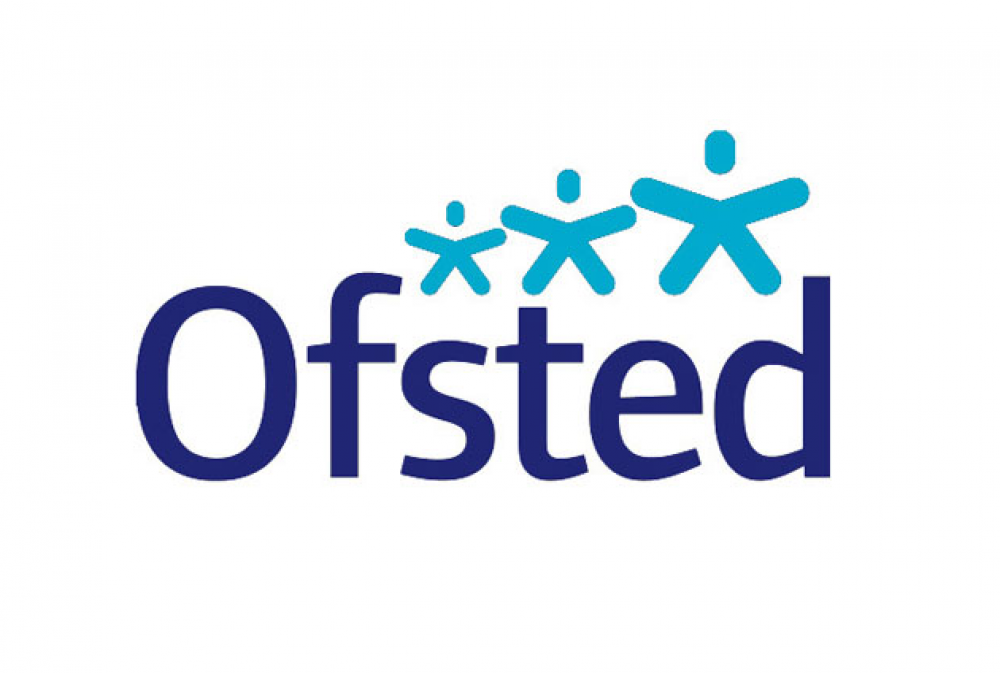Ofsted today released a report entitled “Key Stage 3 – the wasted years?“ looking at the effectiveness of secondary teaching for years 7 to 9.
It is a critical look at the “transition years”, and calls on school leaders to give KS3 higher priority in schools.
The inspectorate analysed inspection reports from more than 1,900 schools and spoke to more than 10,000 pupils and 100 school leaders.
Below are the main points from today’s report.
1. Teaching “too often” fails to challenge and engage KS3 pupils in modern foreign languages, history and geography
Inspectors too often found “low-level disruption” – especially languages – which then had a “detrimental impact” on learning
2. Achievement was also not good enough in those three subjects
The report says this is true in “almost half of languages classes, two-fifths of history lessons and a third of geography classes”. (Though it should be remembered that Ofsted inspections are more often carried out in lower graded schools, so this may be contributing to that).
3. A small number of pupils said they did not take optional EBacc subjects at GCSE because of the quality of teaching in KS3
Ofsted describes this as a “serious” concern given that the English Baccalaureate will now require pupils to study EBacc subjects, as it could lead to low GCSE results.
4. 85% of secondary school leaders said they staffed KS4/5 ahead of KS3
Because KS3 classes were timetabled last the classes were more likely to have more than one teacher per subject and more likely to be taught by non-specialists.
5. “Too many” secondary schools do not work effectively with partner primary schools
And rather “worryingly” leaders accepted that pupils would repeat (mainly in year 7) what they had learnt at primary. (Which, in case you haven’t guessed, is a bit of a waste of time for everyone).
6. Half of the interviewed pupils said their homework never helped them make progress
Inspectors also found it often didn’t consolidate or extend pupils’ learning.
7. Pupil premium was too often used on KS4 pupils to “compensate” for ineffective progress in earlier secondary education
The premium is supposed to go to pupils across the age ranges whose families have lower incomes. The report emphasises that schools should closing achievement gaps during the transition to secondary school, as much as at GCSE.
Bonus point 8
Although the key findings are mostly around problems in schools, there are some highlighted examples of good practice, where “leaders set the right culture and ethos” though this right culture seems mostly to be that they focus on key stage 3 as a priority, unsurprisingly.







Your thoughts